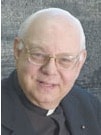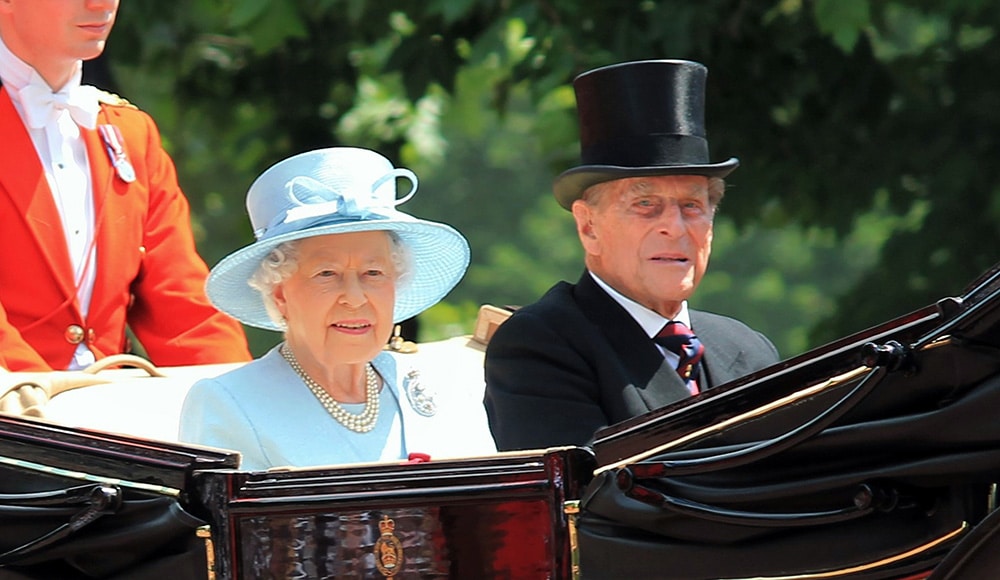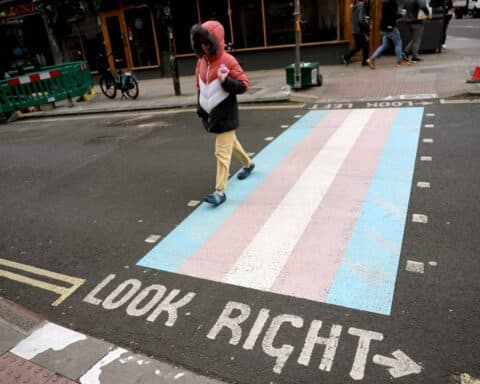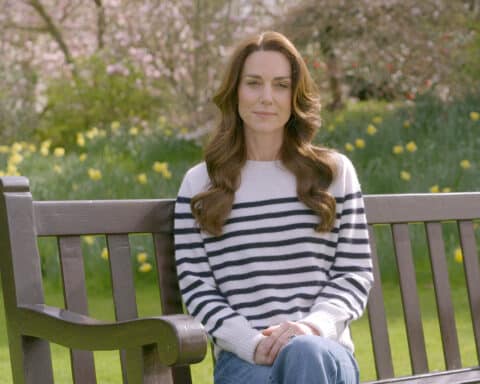
His blood was the bluest of the blue. His grandfather, uncle and three first cousins were kings of Greece. His mother was a niece of the last czarina of Russia, sister of the queen of Sweden and first cousin of the queen of Spain. His first cousin was queen of Romania.
It was not all grandeur and privilege, however. In early childhood, his family fled Greece because of political changes. Until young adulthood, he was for all practical purposes without a country, let alone funds for survival.
His father was a playboy, notorious for his marital infidelity. His mother was emotionally fragile, often hospitalized for psychiatric complaints. War separated him from his sisters.
Yet, somehow, he formed personal values that were strong, and they never left him.
Princess Alice of Greece, his mother, should not be remembered for her mental issues. She was deeply committed to her beliefs in the Greek Orthodox tradition. The state of Israel honored her for her courageous protection, literally at the risk of her own life, of Jews when the German army occupied Greece.
Eventually, she became an Orthodox nun, in a community that cared for the poor. She asked to be buried on the Mount of Olives in Jerusalem, where the Agony in the Garden occurred. Her remains rest there today.
Catholics might note that the prince attended President John F. Kennedy’s requiem Mass in November 1963 and Pope Benedict XVI’s installation in April 2005.
Since his death, Philip himself has been eulogized for his utter devotion to his wife, and she to him, for almost three-quarters of a century. No observer says these impressions are unfounded.
British royalty deliberately lead private lives. (For this reason, at least partly, the recent interview of Prince Harry, Philip’s grandson, and Harry’s American wife, Meghan Markle, made headlines worldwide for their exposure of their own experiences.)
Even so, although never even hinted in public, the marriage between Philip and the queen had its challenges. Some whisper that he had a roving eye when he was younger. Others suspect that Elizabeth’s total dedication to her role as head of the British nation provoked tension.
His views were not always politically correct, creating problems for his wife. On television in Canada, he implied that he and his wife did not eagerly visit the country. Canadians gasped. (Elizabeth is Canada’s constitutional head of state.)
Some suggest that his troubled upbringing, his strict training as a British naval officer made him too demanding as a father.
Still, their marriage is recalled for their ultimate, complete loyalty to, and connection with, each other. Some people joked that always, always, always, the queen began her public addresses, “My husband and I ….”
Neither could have been happy in seeing the marriages of three of their four children end in divorce, but the British people took these divorces in stride, reflecting what the estimate of marriage has come to be.
Viewing divorce almost as inevitable in marriage is so widespread, including among Catholics, that the prince’s long, strong union with the queen is being discussed as unusual, even odd, because whatever the circumstances, Philip and Elizabeth made their marriage fulfilling, not as something to be endured, but solemnly undertaken, before God, as a commitment to each other.
His passing clearly has touched the minds and hearts of many in Britain and beyond. As Cardinal Nichols stated, his memory is a blessing for his country, for him as a husband, and of him as an unendingly generous servant of the common good.
Msgr. Owen F. Campion is OSV’s chaplain.





